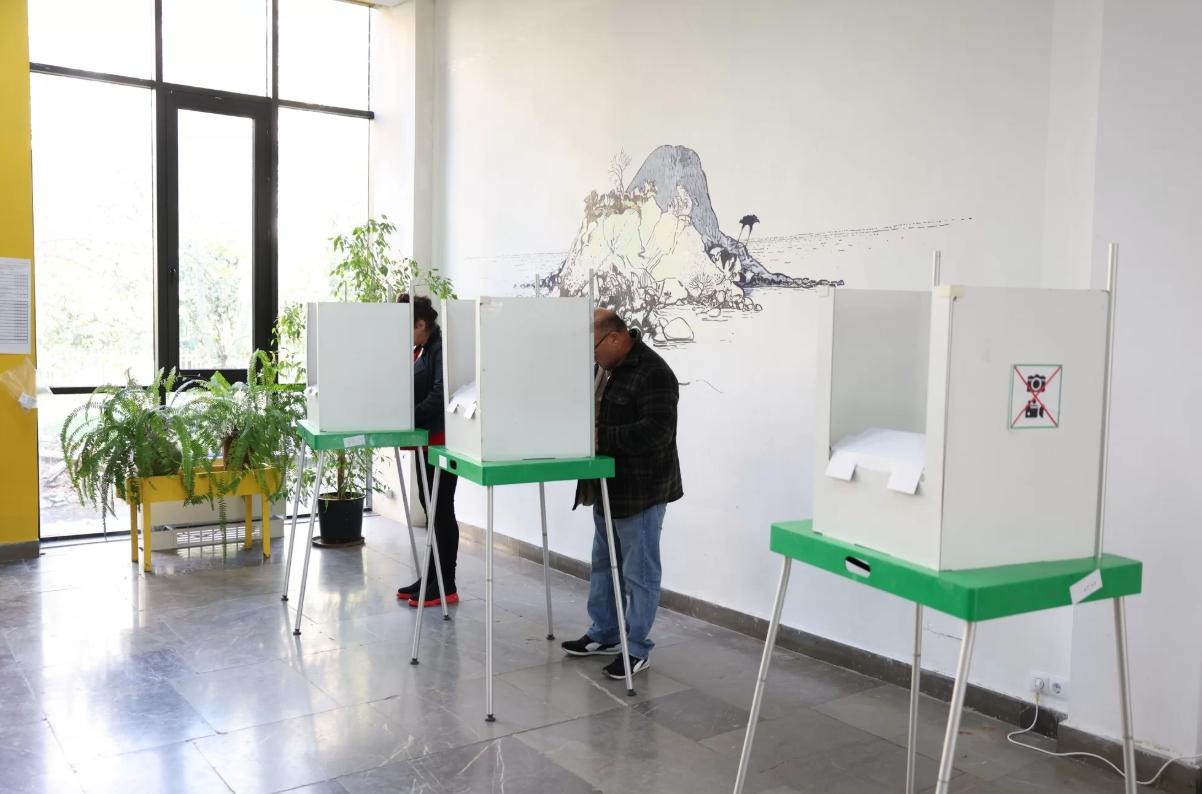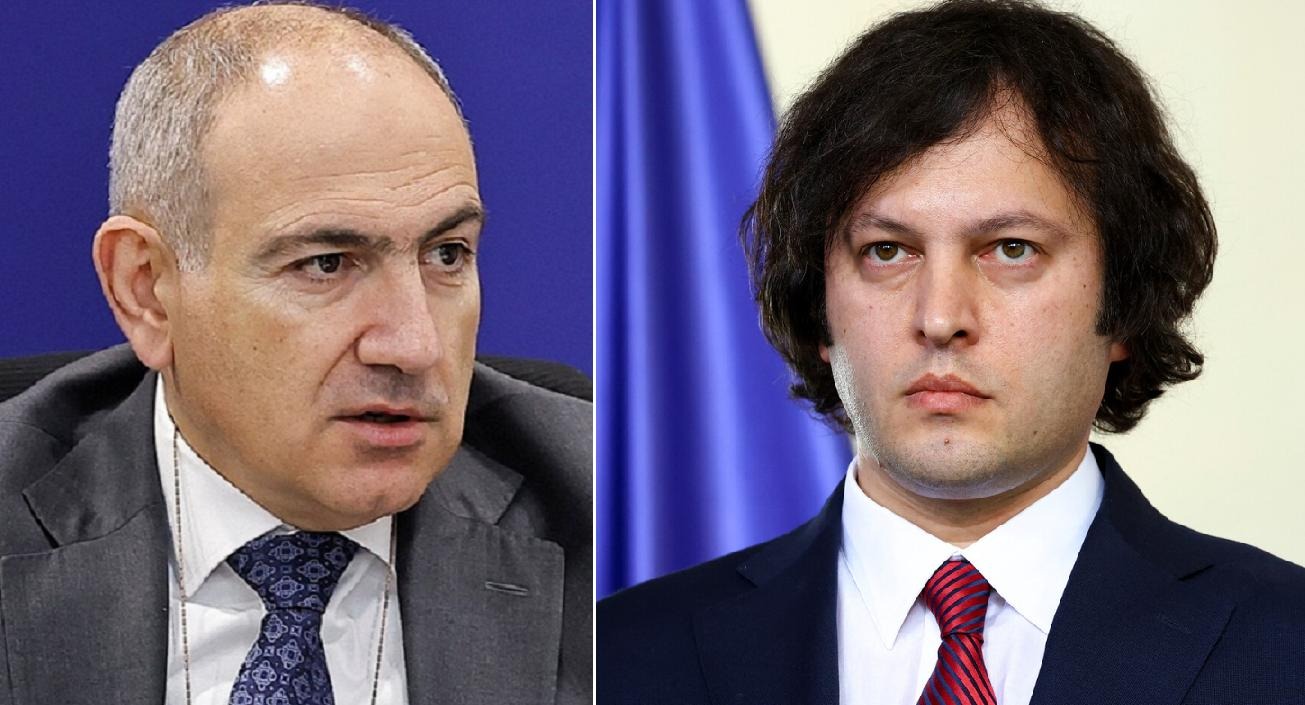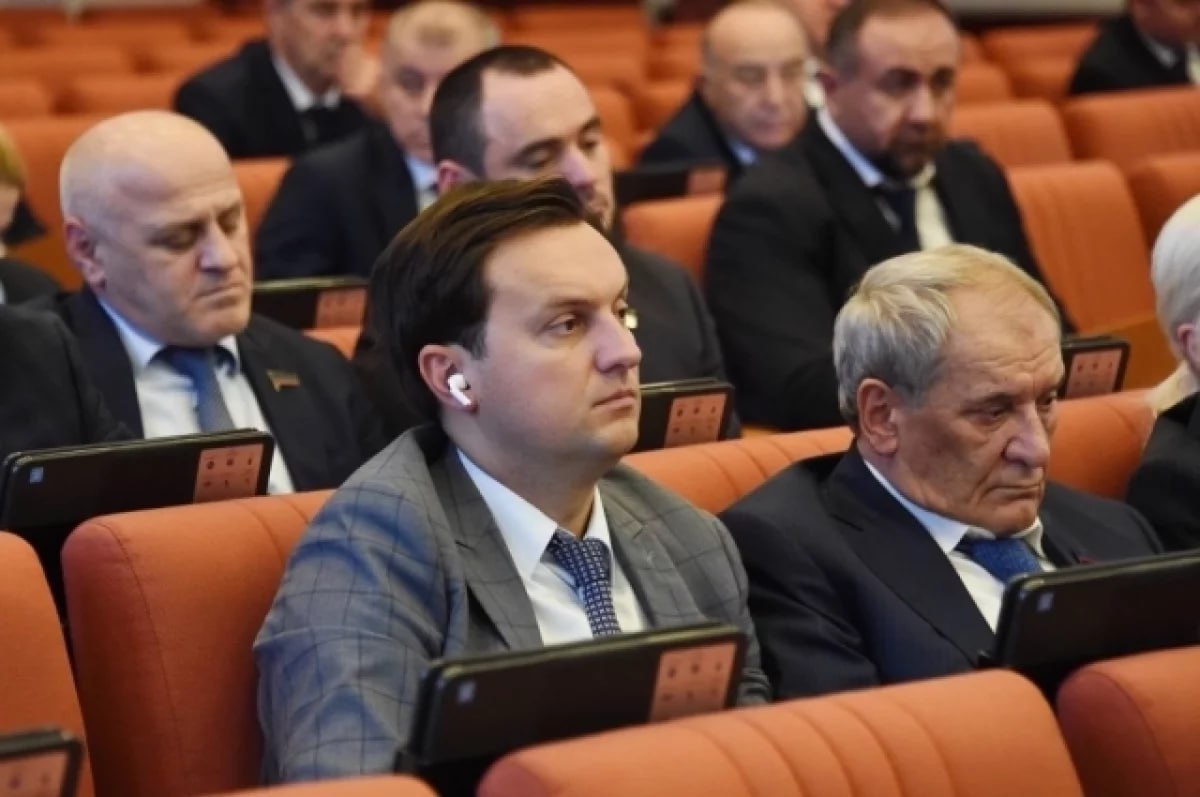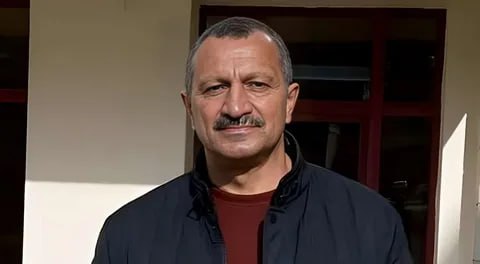Yerevan has officially responded to the tragic events surrounding Iran. Armenian Prime Minister Nikol Pashinyan sent a message to Iranian President Masoud Pezeshkian, expressing support for the losses among the country's leadership and civilians.

Georgian citizens residing abroad will no longer be able to vote in parliamentary elections, as is the case with local government elections. This is the gist of one of the amendments to the Electoral Code, which will be completely revised by the ruling Georgian Dream party.
As noted by Georgian Parliament Speaker Shalva Papuashvili, the current Electoral Code, adopted in 2011, has undergone over 100 amendments. He stated that "as a result, the text has become difficult to understand, many provisions are duplicated, much of the code is contained in transitional provisions that have lost their effect in content, and the structure requires adjustment," and these problems will be addressed in the new version.
"One of the important amendments to the code concerns the voting procedure for non-resident citizens, individuals residing abroad. First of all, it should be emphasized that nothing has changed in the electoral rights of citizens in another country. At the same time, the amendment concerns the voting procedure and stipulates that voting in Georgian parliamentary elections will only take place within Georgia's state borders, as well as in local self-government elections.
This decision is essentially based on the state's obligation to ensure the free expression of will, as stipulated in Article 24 of the Constitution of Georgia, which also implies an expression of will free from external interference," Papuashvili explained.
He emphasized that "elections around the world are becoming increasingly vulnerable to external interference: accusations of foreign interference in elections are increasingly being heard, whether in the United States or in EU member states." In this context, the politician mentioned the 2024 parliamentary elections, which, he claims, demonstrated "open and crude" pressure on Georgian voters from abroad.
According to Papuashvili, "establishing voting rules within Georgia increases the stability of elections, reduces the influence of external players, and ensures a more adequate and informed choice." He also emphasized that "nothing is changing in the electoral rights of citizens abroad. As before, every Georgian citizen will have the full right and opportunity to vote in elections. The only condition is to come to Georgia and vote every four years."
Georgia's fifth president, Salome Zurabishvili, responded to the ruling party's decision, rejecting the legitimacy of the parliamentary elections and the government.
"Rejection of the Bologna Process! Rejection of the Erasmus programs: 'Students should study here.' Denial of voting rights to emigrants: 'Let them come back here and vote here.' Isolation and closure of the country! Repression, terror, elite privileges, and silence! The USSR was nothing more," the politician fumed.



